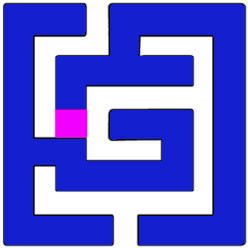Attributions
Third-Party & Open-Source Libraries Used
PARAMUS employs two curated chemical safety datasets to support compound risk assessment:
- Clintox dataset from DeepChem, for classification by clinical toxicity and FDA approval status.
- OPCW/Australia Group–based dataset, originally curated by ChemCrow, for safety screening.
We do utilize widely recognized open-source libraries – such as Dash – to power specific functionalities, uphold best practices, and enhance the overall reliability of our platform. See details here.
Icons from Noun Project and Pexel Photos
- Distributional semantic by Sulistiana from Noun Project (CC BY 3.0)
- Network by Jaya from Noun Project (CC BY 3.0)
- Data table by Gene Stroman from Noun Project (CC BY 3.0)
- Photo by Myburgh Roux: https://www.pexels.com/photo/shot-of-computer-screen-with-multicoloured-code-4816921/
- Photo by Christian V: https://www.pexels.com/photo/a-man-skateboarding-at-night-27921247/
- Photo by cottonbro studio: https://www.pexels.com/photo/close-up-photo-of-a-desktop-computer-6804098/
- Photo by Valentine Tanasovich: https://www.pexels.com/photo/black-and-gray-computer-motherboard-2588757/
